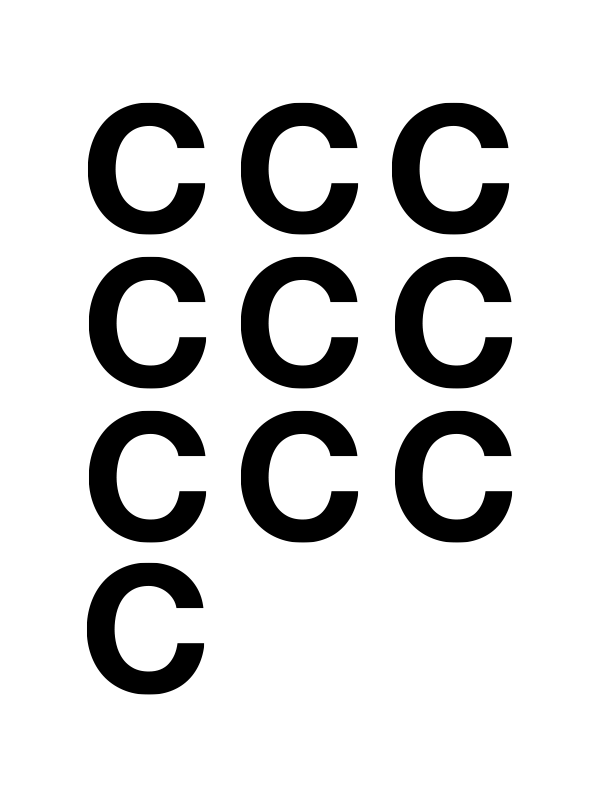Backcasting Scenarios
Definition:
Backcasting scenarios is a strategic planning and forecasting method that starts with a desired future outcome and works backward to identify the steps and strategies needed to achieve that outcome. It is a forward-looking approach that helps organizations set goals and create action plans based on a vision of their preferred future, rather than extrapolating from current conditions.
Application:
Backcasting scenarios are often used in sustainability planning, urban development, and corporate strategy to envision and plan for a more sustainable and desirable future. This method encourages creative thinking and innovation by challenging conventional assumptions and identifying novel pathways to reach predefined objectives.
Example:
1. Sustainable Transportation: A city government employs backcasting scenarios to reduce carbon emissions by 50% in 2030. They start by imagining the city with efficient public transport, electric vehicles, and cycling infrastructure, then develop strategies to make that vision a reality.
2. Corporate Sustainability: A multinational corporation uses backcasting scenarios to set a goal of becoming carbon-neutral by 2040. They work backward to determine how to source renewable energy, reduce waste, and implement sustainable supply chain practices.
3. Climate Resilience: An environmental NGO employs backcasting scenarios to create a vision of a community resilient to climate change impacts. They then identify strategies for flood mitigation, green infrastructure, and community education to achieve that vision.
Key Characteristics
- Future-Oriented: Focuses on envisioning a future state rather than analyzing past or current conditions.
- Goal-Driven: Establishes specific objectives and works backward to devise strategies.
- Adaptive: Encourages flexibility and adjustment of plans as new information and challenges arise.
- Creative Thinking: Promotes innovative solutions and challenges conventional thinking.
Significance
Backcasting scenarios are significant because they empower organizations and communities to proactively shape their desired future, especially in the context of sustainability and long-term planning. By starting with a clear vision and working backward, they can identify innovative approaches, prioritize actions, and drive positive change.
Related Terms
- Forecasting: A traditional method of predicting future outcomes based on historical data and trends.
- Scenario Planning: A strategic planning technique that considers various plausible future scenarios to make informed decisions.
- Visioning: A process of collectively imagining and articulating a desired future state for an organization or community.
